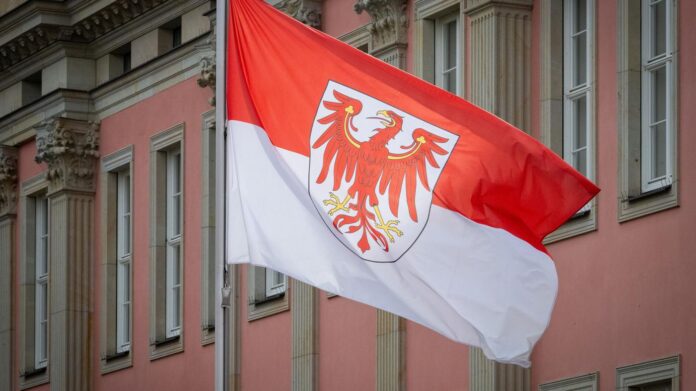
Ten days before the state election in Brandenburg, the SPD is catching up in a survey and, at 26 percent, is just behind the AfD with 27 percent. This is according to the “Brandenburg Trend” of the Infratest dimap institute on behalf of the ARD. This means that the Social Democrats under Prime Minister Dietmar Woidke – in contrast to the national trend – have improved by 3 percentage points compared to last week’s survey, while the AfD remains the same in terms of voter popularity.
The Brandenburg Office for the Protection of the Constitution classifies the AfD regional association as a suspected case of right-wing extremism. A new state parliament will be elected in Brandenburg on September 22nd. For the representative ARD survey, Infratest dimap surveyed 1,513 eligible voters in Brandenburg from Monday to Wednesday of this week.
Duel between AfD and SPD looms
According to the new survey, a duel between the AfD and the SPD is emerging – similar to five years ago. The CDU, currently the coalition partner of the SPD and the Greens, received 16 percent, losing 2 percentage points compared to last week’s survey.
The Greens and BVB/Free Voters each achieved 4.5 percent, while the Left came in at 4 percent. According to the survey, all three would therefore fall below the five percent hurdle. However, due to a clause, it is possible to enter parliament with at least one direct mandate, even if the threshold is not reached. While BVB/Free Voters gained 1.5 points compared to the previous survey, the Greens lost slightly and the Left stagnated.
The Sahra Wagenknecht (BSW) alliance, which is running for the first time in the state elections in Brandenburg, is at 13 percent – two points less than last week.
Most respondents want an SPD-led government again
According to 40 percent of those surveyed, the SPD should also lead the next state government, almost a quarter favor the CDU, and one in five favors the AfD. The SPD has governed Brandenburg since 1990 with changing partners, and since 2019 with the CDU and the Greens. Woidke has announced that he wants to retire from state politics if the SPD does not come out on top in the election.
In the state elections in Thuringia and Saxony on September 1, the AfD received more than 30 percent of the vote. In Thuringia, the AfD became the strongest force.
In general, election polls are always subject to uncertainty. Among other things, declining party ties and increasingly short-term voting decisions make it more difficult for opinion research institutes to weight the data collected. In principle, polls only reflect the opinion at the time of the survey and are not predictions of the election outcome.
© dpa-infocom, dpa:240912-930-230941/1
This is a message directly from the dpa news channel.
